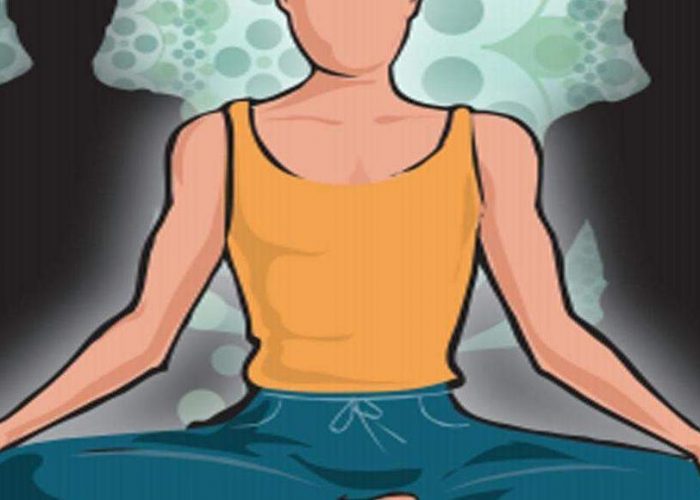Planning, evaluation, and reinvention are some of the key pain points when it comes to public diplomacy in India, writer, researcher and columnist Sudarshan Ramabadran said at the Singapore International Foundations Public Diplomacy in Asia 2021 Conference.
He said India needs a comprehensive and cogent public diplomacy strategy to communicate its story to the world. This is something that he believed needed to be planned and evaluated.
“India needs to keep say 100 years of independence in mind that is until 2047 and put in place a strategy for public diplomacy and accordingly evaluate it from time to time,” Ramabadran said. “Reinvention will require getting used to the art of diplomacy in the 21st century. Public diplomacy of the 19th century will not be suitable today. Hence, in addition to diplomats, countries must engage other non-state actors such as think tanks and practitioners, to evolve strategies.”
He went on to add that India should look beyond Yoga and focus on the makers of Indias soft power story as soft power is a means through which public diplomacy is exercised. He said it is by nature, organic, non-coercive and relies on persuasion and attraction, as opposed to any form of hard power such as coercion.
“There are several emerging spheres, namely: entrepreneurship, technology, arts, crafts and design, cuisine, Indias traditional medicine systems such as Ayurveda, trade, evaluating the impact of diaspora, presence in multi-lateral organizations, democracy and democratic institutions of the country, language, literature, museums, sports, archaeology and conservation, tourism, and education,” he said.
Anupama Sekhar, Director, Culture Department, Asia-Europe Foundation and Moderator at Singapore International Foundations Public Diplomacy in Asia 2021 conference said culture has emerged as an important sphere of soft power in the last years. She said its value lies not only in its ability to boost a national/regional brand but also in its ability to enable closer people-to-people ties, particularly in its value as a public good.
“We are all familiar with traditional cultural diplomacy as an important arm of public diplomacy. However, it is also important to acknowledge the growing shift from the traditional notion of cultural diplomacy towards that of cultural relations, from the show and tell of ones own culture towards mutual understanding and collaboration among diverse (but equal) cultures,” she said.
Sekhar said that enabling cultural exchange could be a significant tool for wielding soft power, particularly now, given the fragile and uncertain times we live in globally: with the pandemic, rising nationalism and anti-Asian sentiment. She said that one of the hallmarks of good governance is participatory policymaking.
“In the area of arts and culture, this translates into nurturing spaces for artists and cultural professionals to regularly bring their voices, ideas, and opinions to the table, through mechanisms such as public consultations. This is particularly important for policymaking in support of improving the socio-economic status of artists and cultural professionals, such as minimum wages, social security, health insurance and access to emergency funds during the pandemic,” she said.read more
‘India should look beyond Yoga as soft power’


